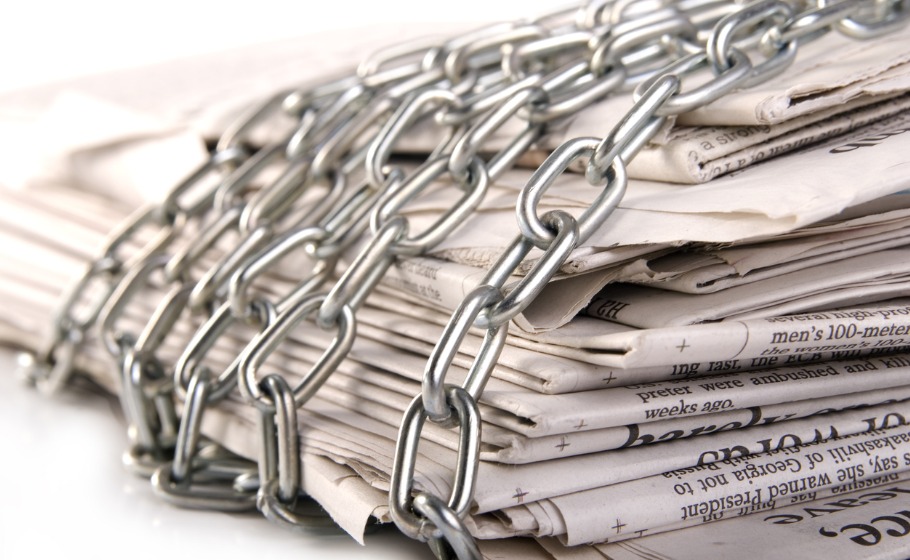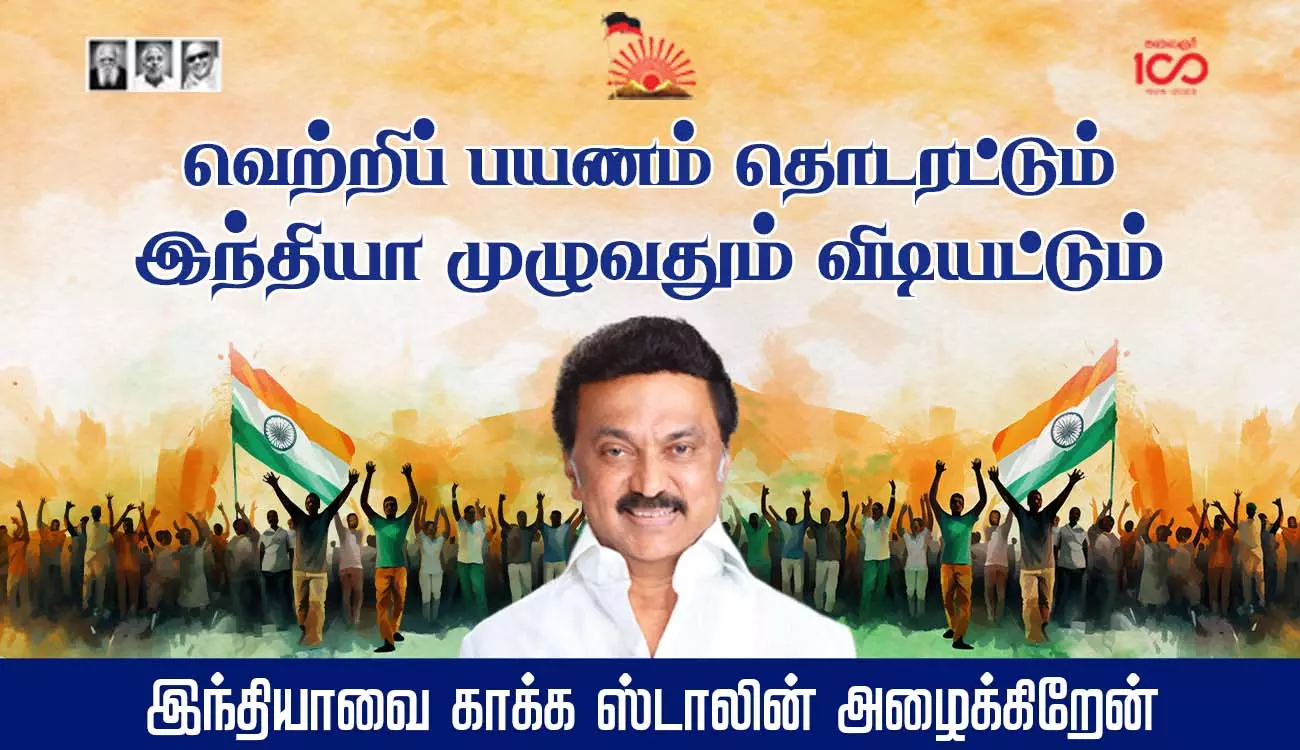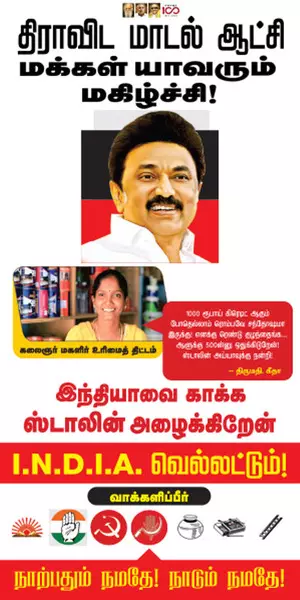
Growing attacks on media worry journalists in Northeast
When Paojel Chaoba, the executive editor of an Imphal-based web portal The Frontier Manipur, was suddenly released by the police on January 18, barely 24 hours after being booked on charges of sedition, he thought the worst was over.

When Paojel Chaoba, the executive editor of an Imphal-based web portal The Frontier Manipur, was suddenly released by the police on January 18, barely 24 hours after being booked on charges of sedition, he thought the worst was over.
Chaoba and his senior colleague, the portal’s editor-in-chief Sadokpam Dhiren, were suo-motu booked by Manipur police for publication of an article on January 8 that allegedly “endorsed revolutionary ideologies and activities.”
Incidentally, two other media outlets in the state had earlier published that article written by one M. Joy Luwang. A case has been registered against him too.
In its FIR, a copy of which is available with The Federal, the police charged the accused of attempting hatred/contempt/disaffection against the government and criminal conspiracy and being a sympathiser of unlawful organisation.
They were booked under Sections 124A (sedition), 120B (criminal conspiracy), 505(b) (incitement) and 34 (common intent) of the IPC, and Section 39 of the Unlawful Activities (Prevention) Act.
Related news | Record number of journalists jailed because of their work
Following the intervention of the All Manipur Working Journalists Union (AMWJU), the two were released.
“They were released on personal recognizance bond. The matter was amicably resolved after the intervention of senior journalists and the government,” Imphal West superintendent of police K. Meghachandra Singh told media after the duo’s release.
Chaoba claimed that after his release a vilification campaign had been launched in social media.
“A section of media and some people with vested interest started campaigning on social media that we have apologised to the government which led to our release,” Chaoba told The Federal.
“I want to make it clear to everyone that we have not tendered any apology to anyone because we have not committed any wrong. This is an attempt to discredit me,” he said.
Barely three days after the police released him, the AMWJU also terminated Chaoba’s membership on the ground that he had been unattached with any media house recognised by the union for more than six months.
“As per article 8(ii) of constitution of the AMWJU, any member of AMWJU shall cease to be its bona-fide member if he/she remains unattached in any media house recognised by the AMWJU for 6 months after he/she has been terminated or resigned,” read an office memorandum of the union signed by its general secretary Khwairakpam Naoba on January 21.
The memorandum said as that he (Chaoba) “has failed to update his new employment as a working journalist, the union is constitutionally bound to cancel his membership.” The union cited that Chaoba’s service with the Imphal Free Press ended on July 20 last year.
Related news | The op-ed space is shrinking in Hindi newspapers and what it means
“I did not cease to be a journalist after my stint with the IFP ended last year. I have been working as an executive editor for the Frontier Manipur,” Chaoba said.
The website had recently ran several reports on the sensational drug haul case in which a police officer Thonaujam Brinda told the Manipur high court that she was under pressure from the chief minister to release the main accused in the case.
“There has been an attempt to finish me as a journalist,” said Chaoba.
Police action and the subsequent social media campaign followed a growing trend of attacks against journalist by the state as well as non-state players in Northeast, particularly in BJP-ruled Manipur, Assam and Tripura.
Earlier in September last year, another Imphal-based journalist Kishorechandra Wangkhem was arrested on charges of sedition and promoting enmity between communities.
The TV journalist had been jailed twice before, and faced sedition charges for criticising Prime Minister Narendra Modi, Manipur Chief Minister N. Biren Singh and the RSS on social media in 2018. In the case he had spent 133 days in jail.
In Tripura, Parashar Biswas, a journalist with a local vernacular paper, was beaten up by unidentified miscreants in September last year for criticising on social media Chief Minister Biplab Deb’s intimidation to media.
There have been several such attacks on journalists in the state ever since the chief minister warned that he would not forgive “some newspapers” for their reportage on pandemic in the state.
Such assaults on the media have also been reported from neighbouring Assam in the recent past.
In November last year, Milan Mahanta, a journalist with an Assamese daily, was tied to an electricity pole and thrashed by a group of people at Mirza near Guwahati.
Mahanta in his police complaint alleged that he was attacked for his reportage on gambling in rural areas of Assam.
“Journalists in Assam have been subjected to mob attacks, intimidation and threats, which is vitiating the environment necessary for the functioning of an independent and vibrant media,” the Editors Guild of India (EGI) said in a letter to Assam Chief Minister Sarbananda Sonowal after the incident.
Days earlier, another journalist, Parag Bhuyan, was ran over by a car near his home at Kakopathar in Tinsukia district.
Bhuyan’s employer, the Pratidin Time channel, alleged that he was murdered as he had been receiving threats for exposing corruption and illegal activities in the district.
Rajen Deka, a correspondent with an Assamese daily, was assaulted with sharp weapons allegedly BJP activist Ripul Deka in Assam’s Nalbari district in April 2019.
In view of the recent upsurge in attacks on journalists in Assam, the Assam Press Correspondents’ Union recently urged the state government to enact a law for the protection of media persons.
Expressing concern over targeting of journalists by the government, senior journalist and author Pradip Phanjoubam sees a deeper problem in the growing trend.
“Press is under pressure….. It’s no longer neutral. Journalists are either being coerced or co-opted,” he said.
Similar concerns were also expressed by another veteran journalist of the region Sekhar Dutta.
“What we have been witnessing in the state and the region is unprecedented. Earlier, the media did not face such blatant assault,” said Dutta, who is also a senior vice president of the Tripura Assembly of Journalists.





